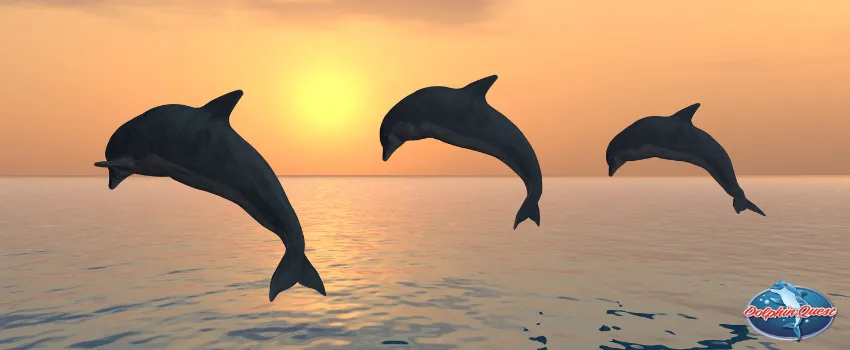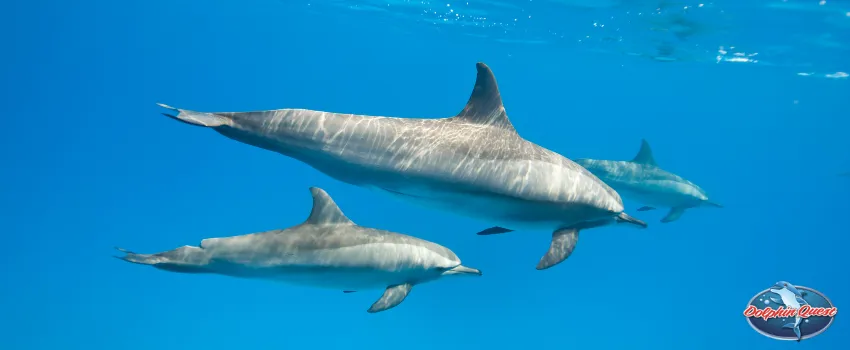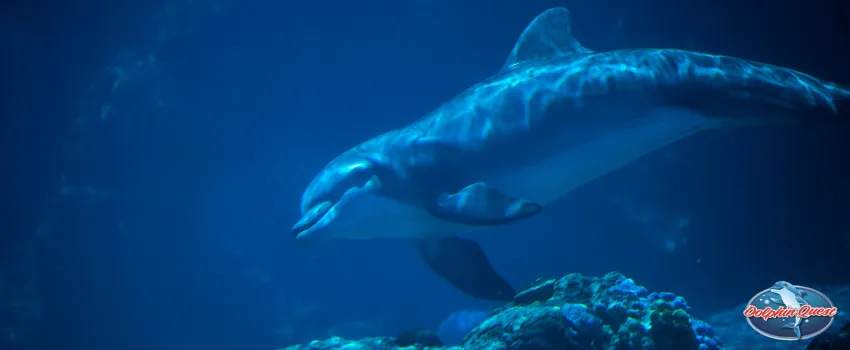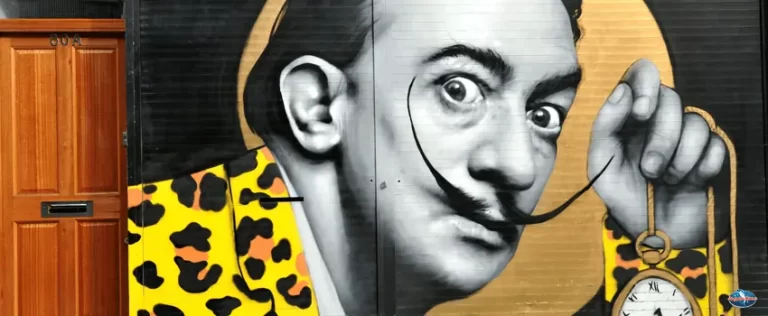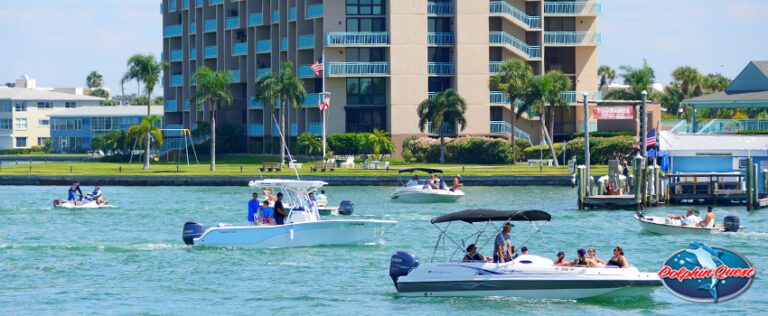Out on the open water, dolphin behavior varies from day to day. From exciting acrobatics to unusual quirks unique to individual dolphins, dolphin facts can be as varied as a pod. So, what are some notable facts you may not have heard before?
Believe it or not, plenty of interesting facts about dolphins continue to surprise us every day! Let’s look at some of them:
Taking a Peek
One unusual fact about dolphins is what they may exhibit while poking around a vessel called “Spy Hopping.” Spy hopping is where a dolphin rises vertically out of the water, exposing their heads above the surface. This allows them to view their surroundings better and observe what’s happening above the waterline.
Often, a dolphin will spy-hop next to unfamiliar vessels or if there is a disturbance on the surface. Dolphins are curious by nature, so it should come as no surprise that they may want to take a look at you! Of course, this behavior is funny to humans, but it serves an important purpose for a pod of dolphins. Spy-hopping allows them to detect threats or other dangers. This is just one of many facts about dolphins that are rarely exhibited.
Are You Talking to Me?
Each dolphin develops its own unique “signature whistle” early in life, similar to a name. Dolphins use these whistles to identify and call each other, and it’s believed that they may use these signatures to communicate specific information about themselves.
Mothers start communicating with their babies even before birth using a series of whistles. Mother dolphins will repeat their signature whistles to their babies while in the womb. For several days to weeks after birth, presumably to ensure the calf can recognize its mother’s name if they get separated. In this way, calves can know their signature whistle before birth.
A dolphin’s signature whistle serves several purposes, including individual identification. As the dolphin matures and interacts with other members of its pod, it fine-tunes its signature whistle further. This creates a distinctive and recognizable vocalization that sets it apart from other individuals.
One of the interesting facts about dolphins is that they can call each other using their unique whistles to convey information or coordinate activities. Dolphins can strengthen their connections by recognizing and responding to each other’s signature whistles. This continuous use of signature whistles plays a role in reinforcing social bonds within the pod.
Which Side Do You Sleep On?
Have you ever tried to sleep with one eye open? One of the fascinating facts about dolphins is that they do! Dolphins are known for their ability to rest half of their brain at a time while the other half remains active — a process called “unihemispheric slow-wave sleep.”
They close one eye and shut down the opposite brain hemisphere for rest while the other hemisphere remains awake and alert. This unique ability enables dolphins to maintain constant awareness of their surroundings, even when asleep.
During left-sided sleep, dolphins typically rest on the water’s surface or near the surface, keeping their blowhole above water so that they can breathe. This is just one of the many dolphin facts that keep researchers on their toes!
A Dolphin’s Culture and Traditions
Wondering what are some facts about dolphins you may not have heard about? Well, dolphins may not have the family over for Thanksgiving Dinner, but they have their own culture and traditions. For instance, specific populations of dolphins have been observed engaging in unique play behaviors or using specific hunting techniques passed down through generations through social learning and imitation.
In Shark Bay, Australia, a group of female bottlenose dolphins has developed a unique hunting technique called “sponging.” This behavior involves the dolphins placing marine sponges on their rostrums (the front of their snouts) while foraging on the seafloor. Doing so allows the dolphins to protect their sensitive snouts from sharp rocks and spiny sea creatures while searching for food in the sand.
Milling is a fascinating social behavior exhibited by groups of dolphins in Shark Bay. During milling, the dolphins maintain a slow pace, often swimming side by side, and engage in gentle physical contact, such as rubbing against each other’s bodies.
Fun facts about dolphins are often as surprising as they are interesting!
Hey, Is That Me?!
Dolphins are one of the few non-human species that can recognize themselves — one of the unique dolphin facts that many may not know! In an experiment, they have been shown to recognize themselves in mirrors, indicating a level of self-awareness rare in the animal world.
Self-recognition is the ability of an individual dolphin to recognize itself as a separate entity from others and be aware of its own existence. It involves understanding that one’s reflection or image in a mirror represents oneself rather than another individual.
When marked with a dye and presented with a mirror, some dolphins have been observed to investigate the mark on their own bodies. This suggests that they do, in fact, recognize themselves. However, researchers have different opinions regarding the subject, saying that dolphins might have utilized echolocation to determine their identity in the mirror.
Witness the unique and enthralling wonders of dolphins with Sunshine Scenic Tours.
The best way to understand dolphins is by visiting them in their natural habitat. The dolphins of Boca Ciega Bay exhibit unique behaviors all their own and are beloved by locals. So, hop aboard the dolphin cruise in John’s Pass to take a gander with our own experts to learn more fun facts about dolphins. Book a dolphin tour at Sunshine Scenic Tours and have an educational adventure like no other!




